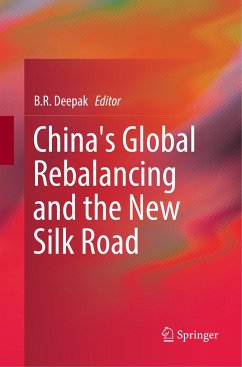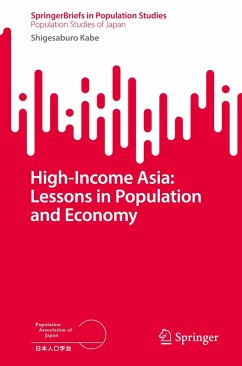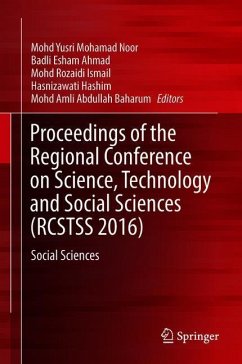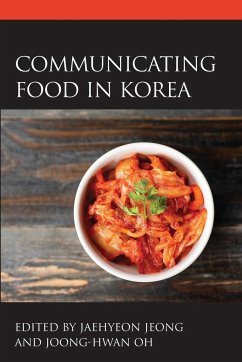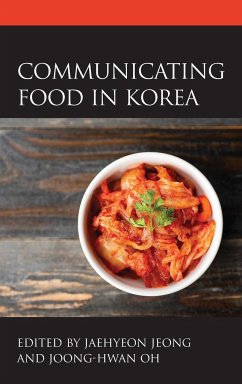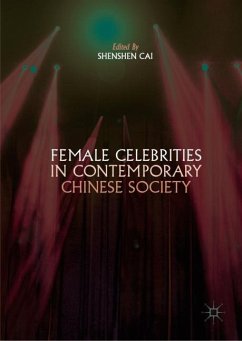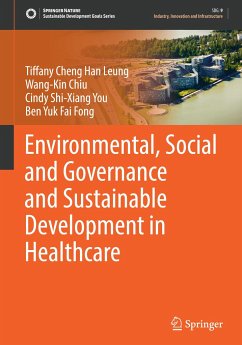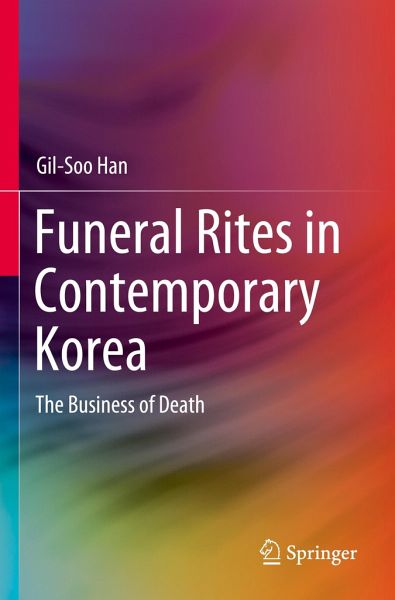
Funeral Rites in Contemporary Korea
The Business of Death
Versandkostenfrei!
Versandfertig in 6-10 Tagen
65,99 €
inkl. MwSt.
Weitere Ausgaben:

PAYBACK Punkte
33 °P sammeln!
This book explores 21st century Korean society on the basis of its dramatically transforming and rapidly expanding commercial funeral industry. With insights into contemporary Confucianism, shamanism and filial piety, as well as modernisation, urbanisation, the division of labour and the digitalisation of consumption, it is the first study of its kind to offer a sophisticated, integrated sociological analysis of how the commodification of death intersects with capitalism, popular culture and everyday life in contemporary Korea. Through innovative analyses of funeral advertising and journalism,...
This book explores 21st century Korean society on the basis of its dramatically transforming and rapidly expanding commercial funeral industry. With insights into contemporary Confucianism, shamanism and filial piety, as well as modernisation, urbanisation, the division of labour and the digitalisation of consumption, it is the first study of its kind to offer a sophisticated, integrated sociological analysis of how the commodification of death intersects with capitalism, popular culture and everyday life in contemporary Korea. Through innovative analyses of funeral advertising and journalism, screen and literary representations of funerals, online media, consumer accounts of using funeral services and other sources, it offers a complex picture of the widespread effects of economic development, urbanisation and modernisation in South Korean society over the past quarter century. In the aftermath of the Korean "economic miracle" novel ways of paying respect to deceased kin have emerged; using Max Weber's concept of "pariah capitalism", Gil-Soo Han shows how the heightened obsession with and boom in the commodification of death in Korea reflects radical transformations in both capital and culture.
Winner of Korean Education Minister's Book Prize 2020
Winner of Korean Education Minister's Book Prize 2020







